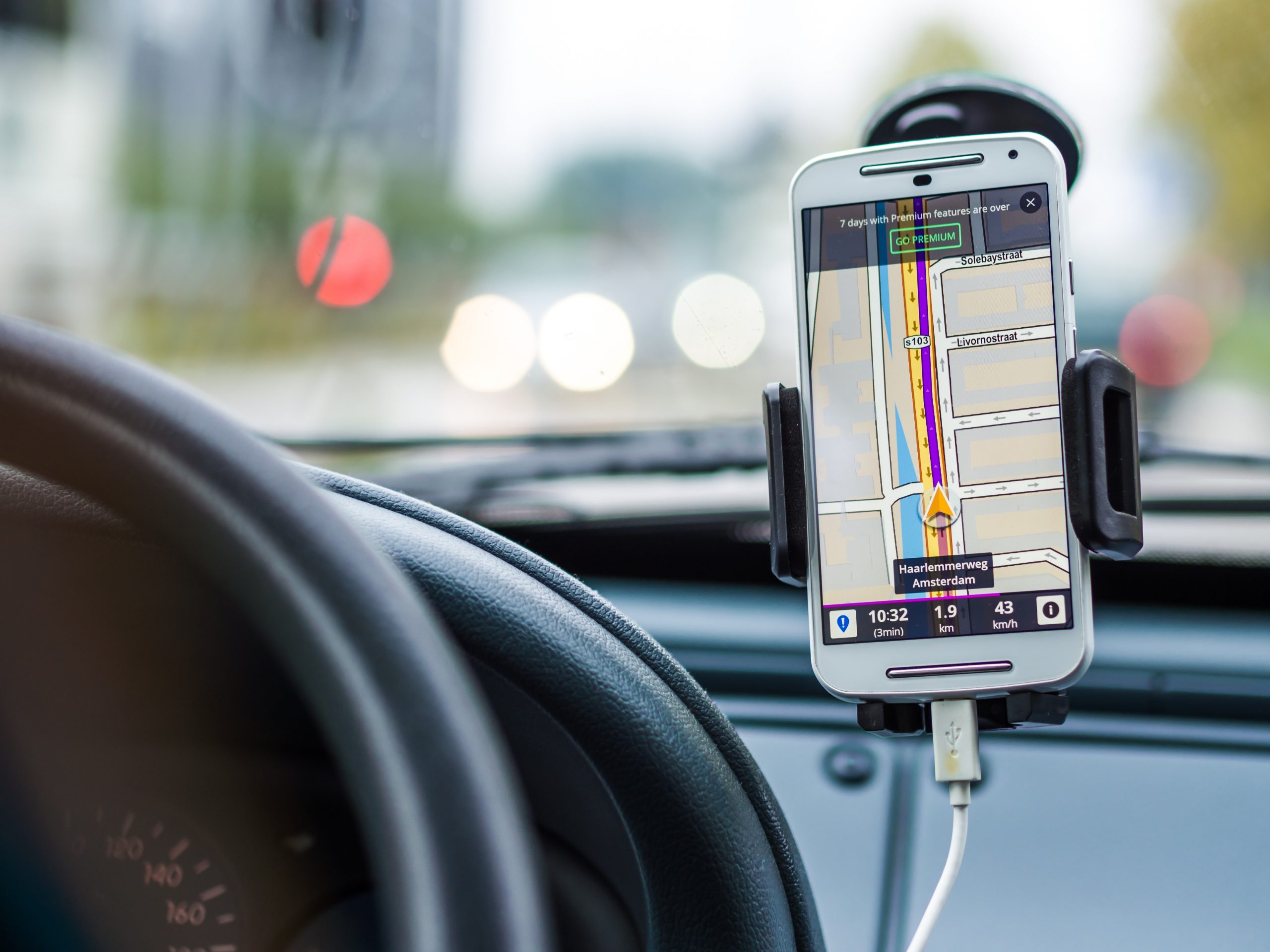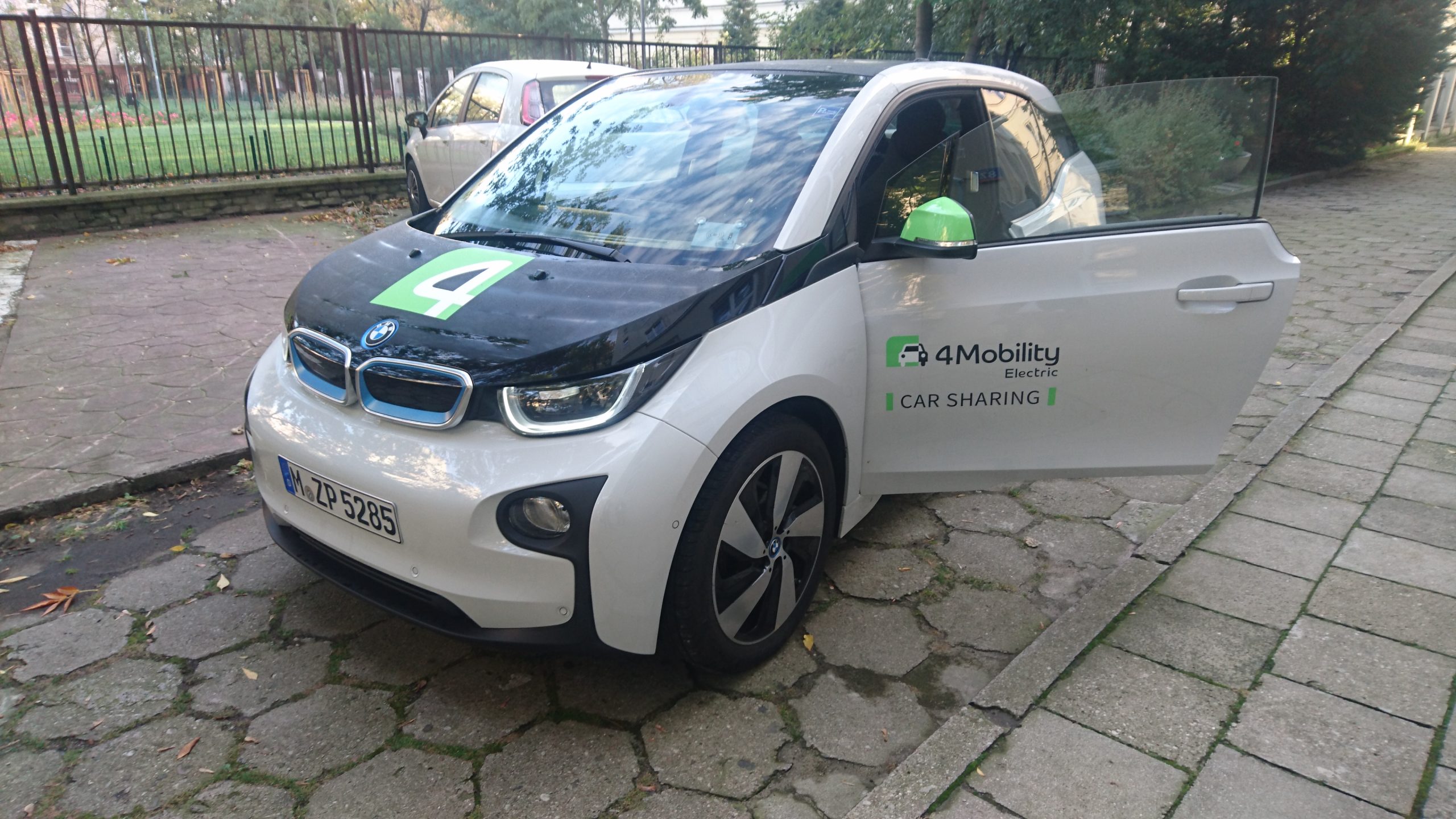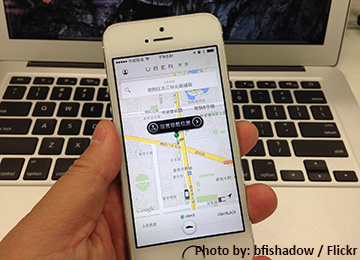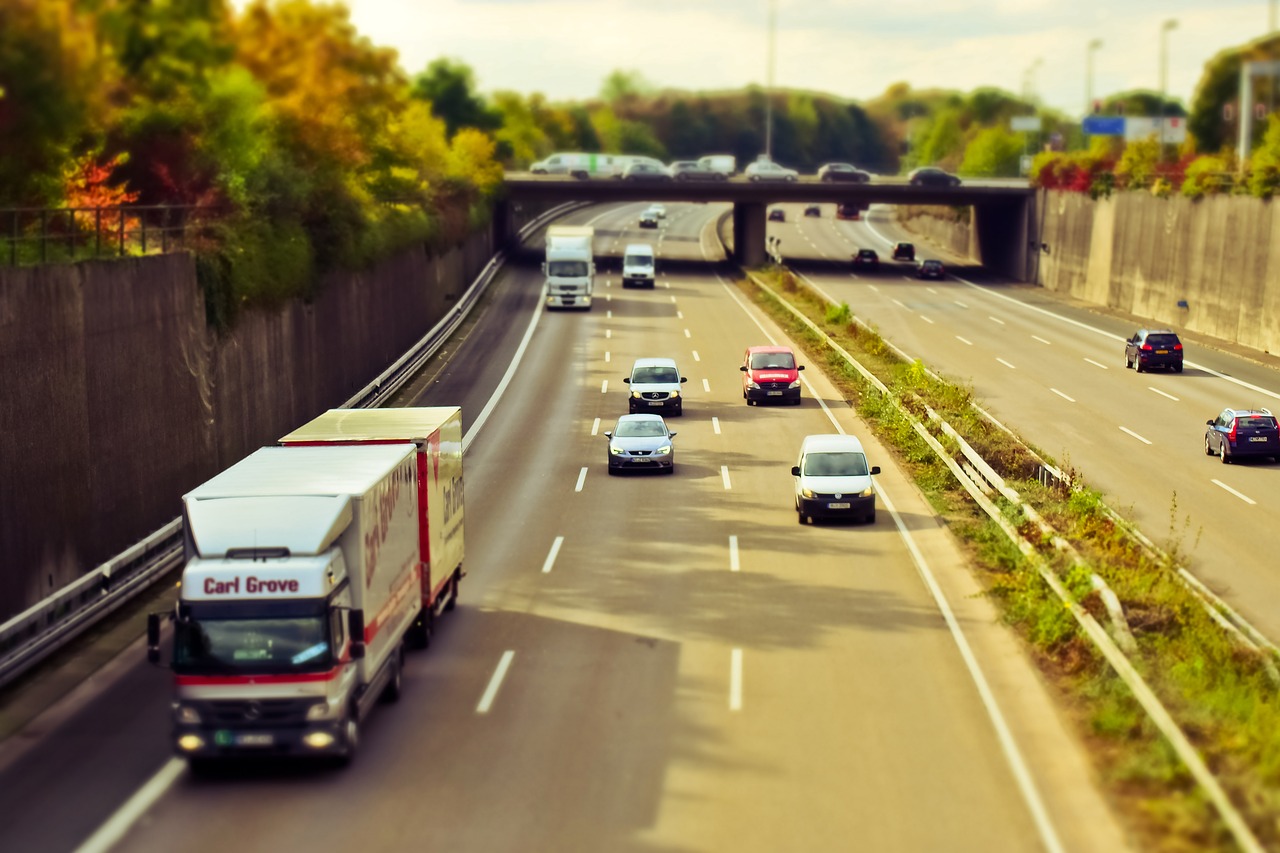Integrating new mobility services in urban transport
New mobility services and business models are changing urban transport, affecting both the supply and demand sides of urban mobility market. Evidence shows that these developments can lead to a significant reduction of single occupancy private car use and an increase of public transport use, leading to a strong reduction in congestion, local air pollution, and CO2 emissions.





